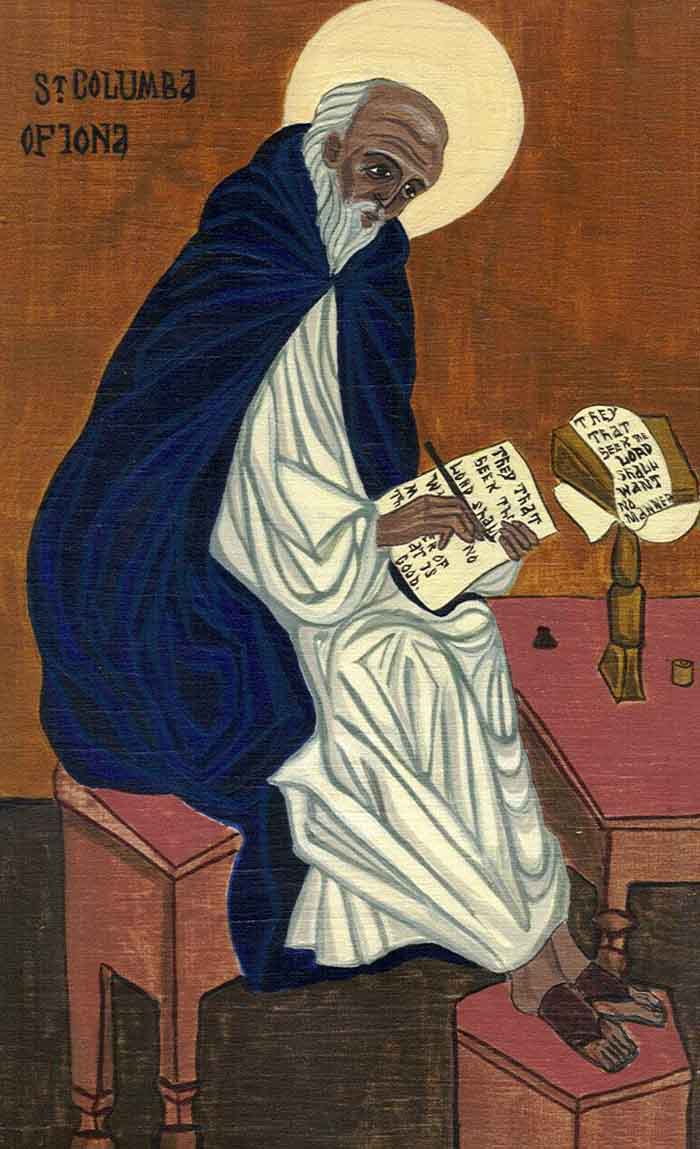+
As I have considered the many signs of brutal bigotry in the emails of Hillary Clinton campgain officials especially the bigotry revealed against serious Catholics together with John Podesta's plan to create fake "Catholic" organisations as part of a plan to foment revolution within the Catholic Church, I have longed for the clear voice of the Venerable Fulton J. Sheen. We no longer have his faithful voice, nor do we have the voice of Mother Angelica who would have told us exactly what a Catholic's duty was in such an election. But we do have the record of Bishop Sheen's teachings, videos, audio recordings, and his remarkable books.
In the Venerable Fulton J. Sheen's 1947 work "Characters of the Passion", the Servant of God wrote about politics with a striking insight that is still true today. This is as close as we can come to having Bishop Sheen speak to our day and situation. The following quotes are taken from the third chapter entitled "Pilate: A Lesson in Political Power":
“Those who have their finger on the pulse of contemporary civilization have probably noted that there are two contradictory charges against religions today. The first is that religion is not political enough; the other is that religion is too political. On the one hand, the Church is blamed for being too divine, and on the other, for not being divine enough. It is hated because it is too heavenly and hated because it is too earthly.”“Because [Christ] was too religious, He was not political enough. The religious judges said that He had no concern for the fact that the Romans were their masters, and that they might take away their country (John 11:47-48). By talking about a spiritual kingdom, a higher moral law, and His divinity, and by becoming the leader of a spiritual crusade, He was accused of being indifferent to the needs of the people and nation’s well being”
“And so throughout history, these two contradictory charges have been leveled against the Person of Christ in His Body the Church. His Church was accused of not being political enough when it condemned Nazism and Fascism; it is accused of being too political when it condemns Communism. It is the second charge that needs specific consideration, namely, that the Church is interfering in politics. Is this true? It all depends upon what you mean by politics. If by interference in politics is meant using influence to favor a particular regime, party, or system that respects the basic God–given rights and freedom of persons, the answer is emphatically No!“The Church does not interfere in politics. If by interference in politics is meant judging or condemning a philosophy of life that makes the party or state, or the class, or the race, the source of all rights, and that usurps the soul and enthrones party over conscience and denies those basic rights for which the war was fought, then answer is emphatically Yes!“The Church does judge such a philosophy. But when it does this, it is not interfering with politics, for such politics is no longer politics but theology. When a state sets itself up as absolute as God, when it claims sovereignty over the soul, when it destroys freedom of conscience and freedom of religion, then the state has ceased to be political and has begun to be a counter-Church.”“It was Jesus Christ who suffered under Pontius Pilate; it was not Pontius Pilate who suffered under Jesus Christ. The grave danger today is not religion in politics but politics in religion.”“But whatever be the reason for these trying days, of this we may be certain: The Christ Who suffered under Pontius Pilate signed Pilate’s death warrant; it was not Pilate who signed Christ’s. Christ’s Church will be attacked, scorned, and ridiculed, but it will never be destroyed….
“The bold fact the enemies of God must face is that modern civilization has conquered the world, but in doing so has lost its soul. And in losing its soul it will lose the very world it gained.
“Even our own so-called liberal culture in the United States, which has tried to avoid complete secularization by leaving little zones of individual freedom, is in danger of forgetting that these zones were preserved only because religion was in their soul. And as religion fades so will freedom, for only where the spirit of God is, is there liberty.”

















